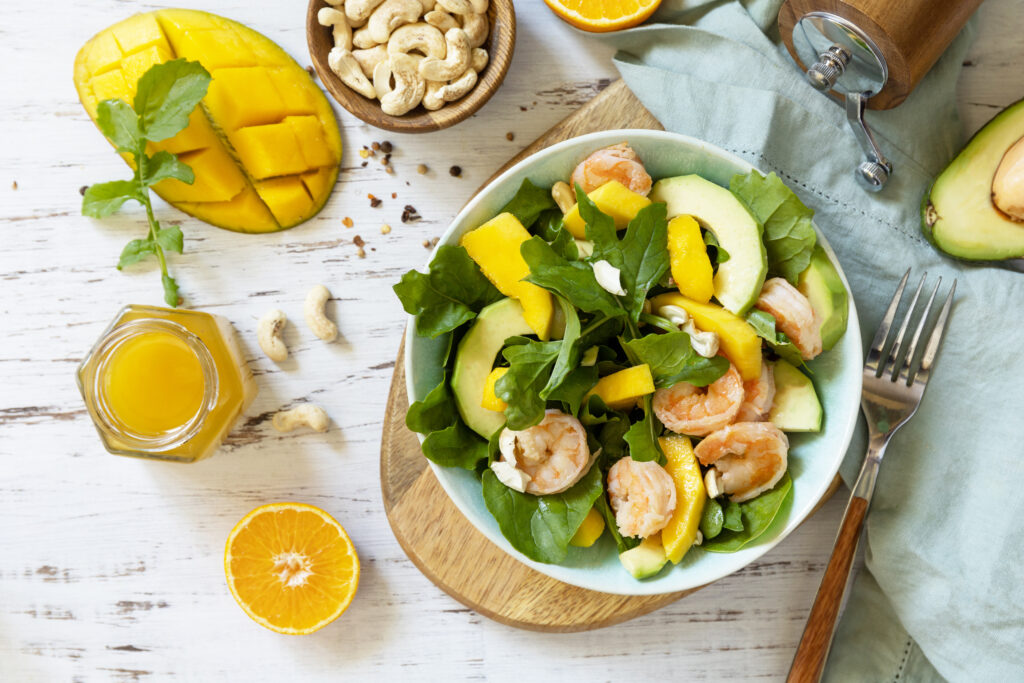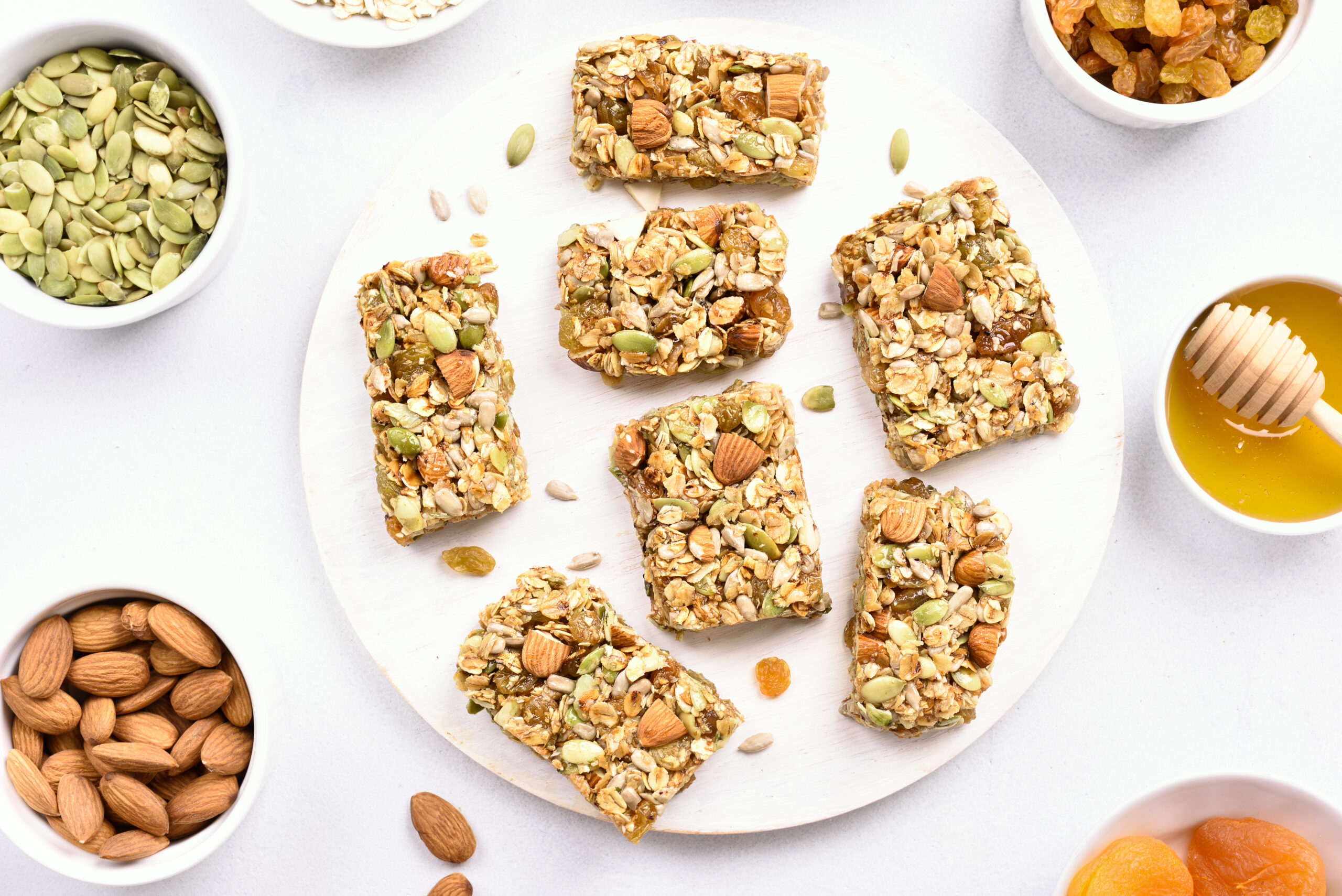Learn about how can nutrition improve studying. Six ways to use nutrition to improve studying are covered in this video, including the science behind each one and how by focusing on food, you can improve your academic performance as a PA student.
How Can Nutrition Improve Studying: 6 Ways To Use Healthy Food Habits
PA students face the challenge of studying and retaining vast amounts of information in a short period of time. While traditional study tactics may not always be effective, there is another factor that can significantly improve studying and academic performance: nutrition. In this article, we will explore six ways in which healthy food habits can enhance learning and academic success.
- Energy and Alertness: Maintaining a balanced diet that includes complex carbohydrates, healthy fats, and protein can provide the sustained energy needed to stay alert during classes and study sessions. By avoiding blood sugar spikes and crashes, students can experience consistent mental alertness and increased productivity.
- Concentration and Attention: Certain nutrients, such as omega-3 fatty acids, B vitamins, and antioxidants, have been linked to improved cognitive function, concentration, and attention. Omega-3s can be found in fatty fish, walnuts, and flax seeds, while B vitamins and antioxidants are abundant in green leafy vegetables.
- Memory and Learning: What we consume directly affects our memory and learning abilities. Antioxidants found in fruits and vegetables, such as vitamin C and vitamin E, protect brain cells from oxidative stress and support memory and learning. Nutrients like choline, present in eggs, have also been associated with improved memory and cognition.
- Stress Management: Effective studying requires effective stress management. Chronic stress can impair cognitive function and memory. Nutrients like magnesium, found in green leafy vegetables and nuts, and vitamin C, present in citrus fruits, have been linked to stress reduction and improved mood. Prioritizing a healthy diet can help students better manage stress and create a positive study environment.
- Brain Health and Cognition: A nutrient-rich diet consisting of fruits, vegetables, whole grains, lean proteins, and healthy fats provides the building blocks necessary for brain health and optimal cognitive function. Nutrients such as iron, zinc, and vitamins A, C, and E contribute to brain health and support cognitive performance.
- Hydration: Adequate hydration is crucial for optimal brain function. Dehydration can lead to fatigue, impaired concentration, and reduced cognitive performance. It is important for students to stay hydrated by drinking enough water throughout the day, especially during intense study sessions when the temptation to rely on caffeine is high.

While nutrition plays a vital role in studying and academic performance, it should be viewed as part of a comprehensive approach to effective learning. Factors such as sleep, exercise, time management, and a conducive study environment also contribute to overall academic success. By adopting a well-balanced diet and healthy lifestyle habits, students can support their cognitive function, enhance their studying abilities, and improve their academic performance.
Implementing healthy food habits and prioritizing personal well-being can be challenging, particularly for busy students. However, it is essential for students, as future healthcare practitioners, to prioritize their own health in order to show up as their best selves. If you need assistance in creating an effective and efficient wellness plan that fits into your lifestyle, consider seeking help from a wellness coach or nutrition expert. Taking care of your health will not only benefit you as a student but also as a practicing physician assistant in the future.
Also read: CASPA Experiences Section: A Guide to Categorization
About me:
I’m Michele Neskey, aka The Posh PA. Welcome to my YouTube channel! My mission is to provide personalized guidance, education, and motivation to build confidence and promote wellness for aspiring physician assistants and beyond.
Having been a PA for 17+ years and helped hundreds of students gain acceptance into PA school, I understand the admissions process. I know what they are looking for, and I can help you tailor every component to make you shine, giving you the BEST chance of getting accepted to a program. But it doesn’t end there. I create personalized plans for PA students and practicing PAs including test-taking strategy for the PANCE, contract negotiations, and tools to overcome and prevent provider burnout.
My goal is to get you into a physician assistant (PA) school & survive the rigorous program, help you prevent burnout as a practicing PA, and help you take care of yourself so you can be the best version of YOU for your patients, family, and most importantly YOU!
